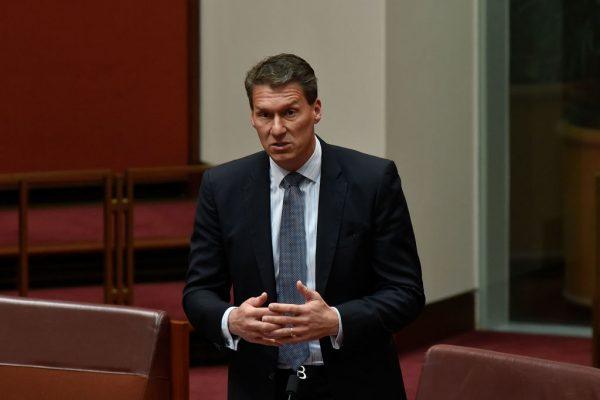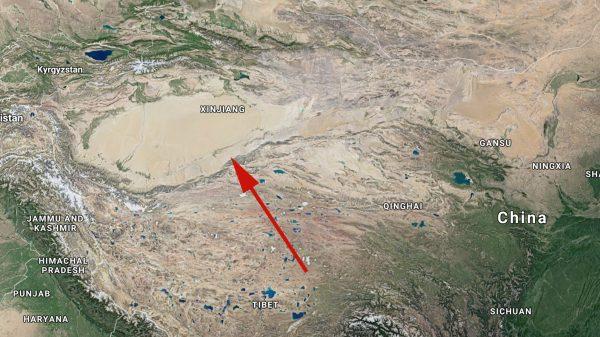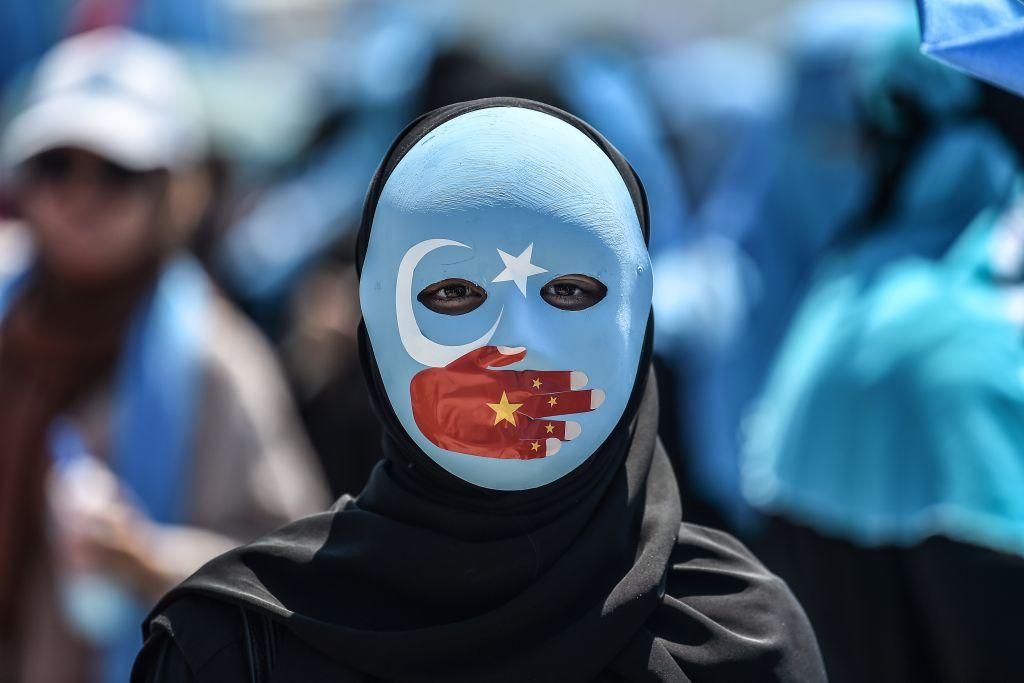Australian Conservatives Senator Cory Bernardi put forward two motions to federal Parliament tightly linked to strained Australian-China relations, on Aug 15.
The first motion, which was rejected, called for a review of the Department for Education and Training’s engagement with Chinese Communist Party-administered Confucius Institutes.
Confucius Institute: CCP Soft-Power Influence
In the course of ostensibly delivering Chinese language and culture education, Confucius Institutes have come under scrutiny for, among other things, impinging on Australian academic freedom.Over 1,500 Confucius Classrooms and Confucius Institutes are hosted by primary and secondary schools and universities throughout the world. Bernardi’s motion noted that Australia has the third largest number of such institutions, after the United States and the United Kingdom.
The setting up of Confucius Institutes involves forming a partnership between a Chinese university, a foreign university, and Hanban—the Office of Chinese Language Council International, which is an arm of the CCP’s Ministry of Education.

This comes after the CIA warned of CCP efforts to breed academic censorship in foreign universities and policy institutes by giving them funding. An unclassified page in the CIA report, obtained by the Washington Free Beacon, says, “The CCP provides ‘strings-attached' funding to academic institutions and think tanks to deter research that casts it in a negative light.”
Senator Bernardi’s motion cites a review of the Confucius Institutes practices initiated by NSW Education Minister Rob Stokes.
Liberal and Labor Slow to Act
Bernardi suggested that there were political motivations behind the major parties’ rejection of his bid to have department of education relations with Confucius Institutes reviewed:“We thought the motion was uncontroversial, given that the NSW government and other governments overseas are reviewing their engagement with Confucius Institutes.
“The Liberal and Labor Parties won’t disclose who their donors are until after the next election and there are serious allegations about CCP influence through donations.
“The Conservative Party has been calling out Chinese Communist Party influence in Australian politics, and the major parties have been acting far too slowly,” he added.
A Chinese-born mother with a son at a Sydney elementary school who preferred to keep her identity private, said she had concerns about her son being in a school that hosts a Confucius Classroom.
“I have already come to Australia, I don’t want to receive Chinese-style education or accept a Chinese teacher from the CCP. Then of course, I’ll worry that there will be some CCP kind of things happening in the classroom,” she told The Epoch Times in Chinese.
The mother expressed specific concerns that Confucius classrooms must comply not only with Australian law but with Chinese law too.
Political Re-education Camps
Bernardi identified the human rights violations of the CCP as the prime target of his re-education camp motion.“Australia must never surrender our principles for trade or appeasing a Chinese Communist Party that tramples freedoms,” he told The Epoch Times.
The motion “urges the Minister for Foreign Affairs to raise with foreign governments any concerns brought to her attention about the existence of ... [political re-education interment] camps.”
Re-education camps are a component of the CCP’s ethnic, religious, and political oppression apparatus.
The CCP operate an extensive network of “labour camps, detention centres, psychiatric hospitals, prisons, and black jails,” which human rights investigators David Kilgour, Ethan Gutmann, and David Matas call China’s Gulag.
However, the closure of the camps was a token gesture, according to Minghui.org, a website that monitors the persecution of Falun Gong in China. The abuses continue at other sites, or at the same sites, in some cases rebranded as rehabilitation facilities.
Bernardi’s motion focused on political re-education internment camps. In Xinjiang, Western China, the CCP has imprisoned potentially hundreds of thousands of Muslim Chinese in such camps.
“I was very pleased for the families here in Australia that my motion passed. They’re grieving over what has happened to their loved ones in Western China,” he said.
In Xinjiang, the CCP tortures citizens physically and mentally. They force them to denounce their faith, their ethnicity, and their family members. They must turn against their fellow inmates and parrot party propaganda to be given reprieve from incessant daily torment.

Kazakh Muslim, Omir Bekali, was arrested and imprisoned for 8 months. He was accused of trying to help Chinese Muslims escape China, because he had invited them to apply for Kazakh tourist visas, in his work with a tourist agency.
“The psychological pressure is enormous, when you have to criticize yourself, denounce your thinking—your own ethnic group,” Bekali said.
“I still think about it every night, until the sun rises. I can’t sleep. The thoughts are with me all the time.”
Feng Chongyi, a University of Technology Sydney Associate Professor in China Studies and repeated critic of the CCP, called political re-education internment camps instruments of mass ethnic and religious persecution.
“[It’s] a massive violation of human rights and has intensified ethnic conflicts with Muslims in Xinjiang,” he told The Epoch Times.
Australian Conservatives Prompt Action
Feng said it is vital to Australia’s national integrity to hold fast to its belief in human rights, democracy, and freedom, and to be prepared to take a stand against violations by the Chinese regime.“You cannot sell your basic value because of money,” he said.
Feng commended Bernardi and the Australian Conservative Party’s initiative in raising in Parliament the issues of the Confucius Institutes and political re-education internment camps.
Given the Parliament’s support of the internment camp motion, Bernardi said that families concerned for their loved ones, as well as anyone with evidence about the camps must now raise their concerns with the foreign minister.
He suggested they cc copy his office ([email protected]) in their emails to the foreign minister.
“If modern nations can’t expose and close these camps, we have learned nothing from past atrocities,” Bernardi said.





